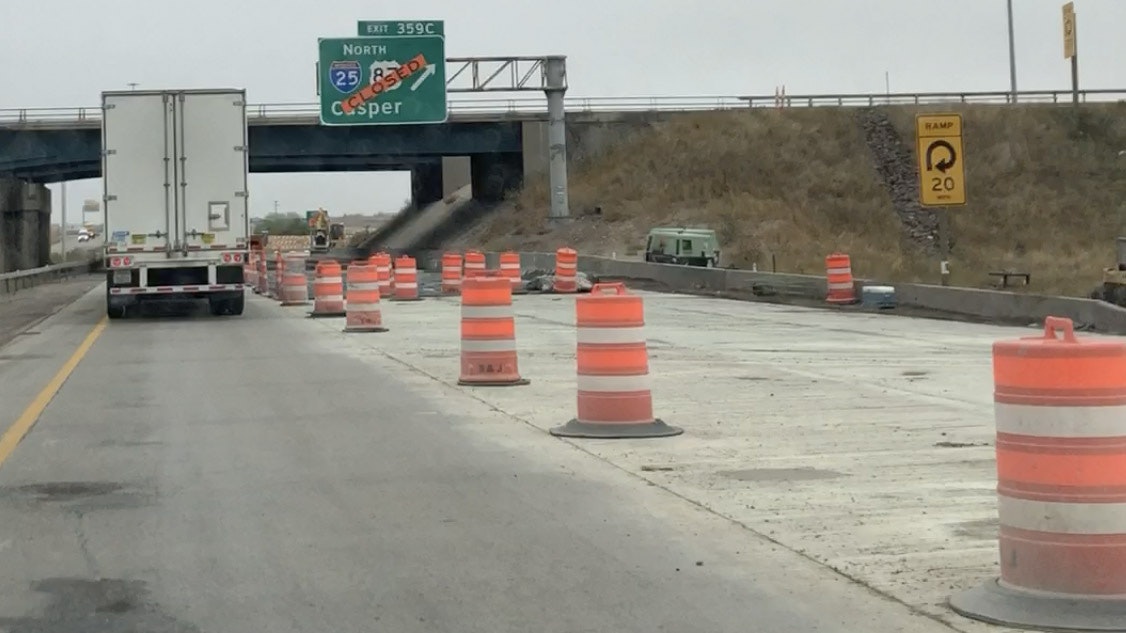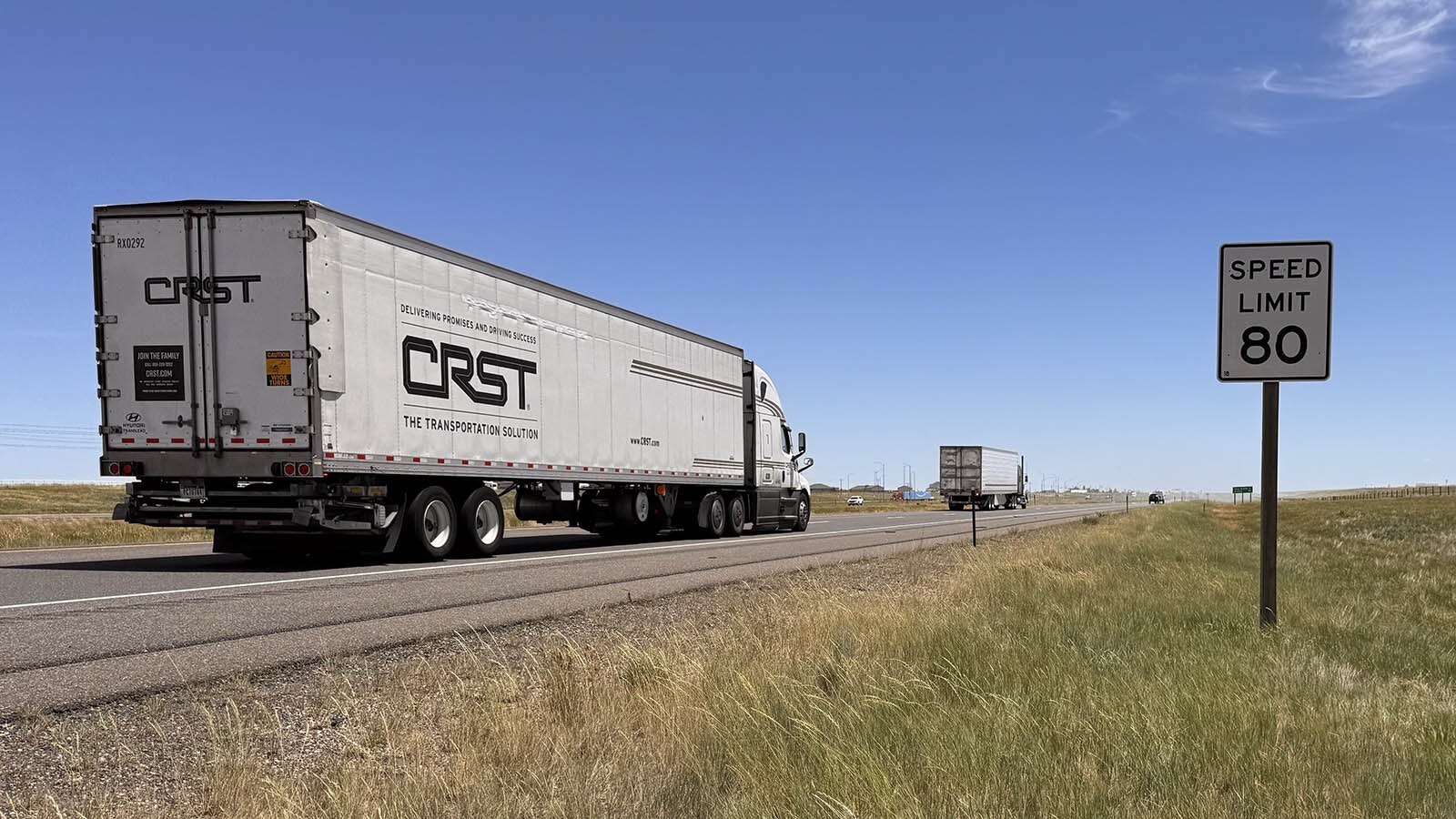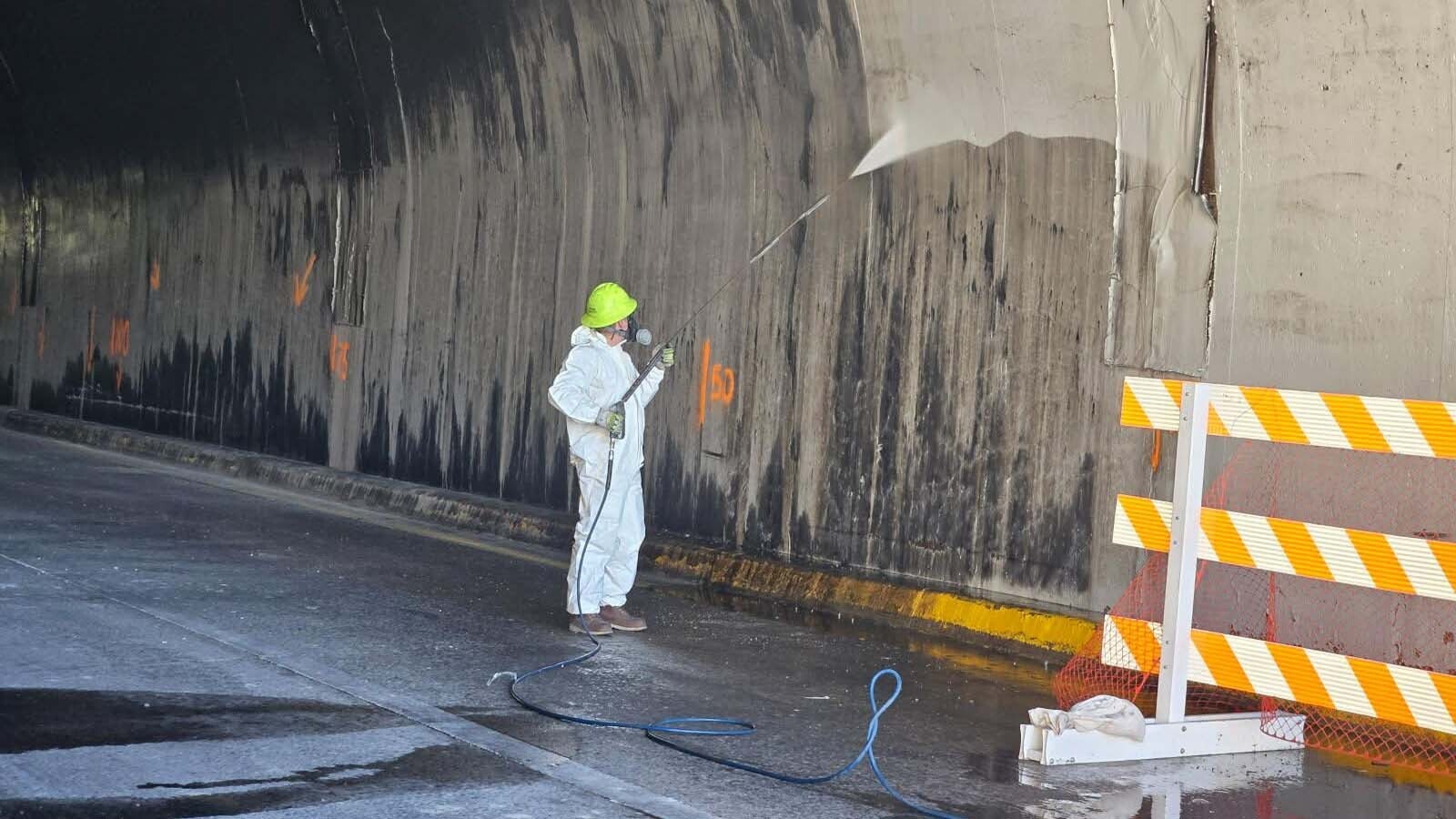A bill proposing a 15-cent per gallon increase in gas taxes over the next three years would help the state meet its basic highway maintenance needs, according to one of its sponsors.
House Bill 14, if approved by the Legislature, would raise Wyoming’s fuel taxes for the first time since 2013.
The state’s fuel tax is currently 24 cents per gallon and it would increase to 39 cents per gallon by 2025 under the bill, which is being sponsored by the Legislature’s Joint Transportation Committee.
The increase would raise an additional $67.4 million per year by 2025.
The bill is awaiting introduction in Wyoming’s House. Should it not be introduced by Friday, it will be dead for this session.
The state’s current tax on gas pumped within Wyoming’s borders is not even close to raising the amount necessary to adequately address maintenance needs, said Sen. Bill Landen, co-chair of the Transportation Committee.
“You know, my dad’s generation, when he pulled up to the pump in Wyoming in 1969, he paid 25 cents for a gallon of gas – and out of that, seven cents went back to the highways,” Landen recalled. “I think that’s somewhere around 28% to 30%. So today, let’s just say we’re paying $3 for a gallon of gas — it would be just 24 cents in taxes that go back to maintain those roads.”
As a generation, Landen pointed out that today’s residents are not putting money into the state’s coffers proportionate to what’s needed to maintain the state’s highway infrastructure.
“Our bridges are showing it, and if you talk with our contractors in our communities out there, they will tell you that the reckoning is coming,” he said. “Because there’s a lot of deterioration there. We’ve had sinkholes that have begun to appear, and the caution I get from some of our contractors in Casper, for example, is that we’re only going to see more.”
An increase in the fuel tax would help to alleviate the funding deficit that the state’s highway department is currently facing.
A similar bill was proposed in 2021 and at the time, WYDOT Public Affairs Manager Doug McGee told Cowboy State Daily that the department was facing a shortfall of about $354 million in unfunded needs per year.
“Certainly, this fuel tax is very much needed to maintain our roads and bridges – our transportation system – to the level that Wyoming citizens expect,” McGee said at the time.
However, HB14 may not have the support necessary to even be introduced this session.
“You know, some may or may not support a gas tax when it’s all said and done – if that bill were to move forward at 5 cents per year, I’m not sure I would,” said Landen. “But it is at least a consideration.”
That 5 cents per year is also concerning to the Wyoming Trucker’s Association.
Sheila Foertsch, the association’s managing director, said that while the group supports an increase in the fuel tax, the amount of the proposed increase would be a hardship.
“We are supportive of a fuel tax increase,” she said. “And the last time, in 2013, when the fuel tax was increased 10%, we were right there – because we do feel that funding is necessary for our highway systems. That’s where the trucking industry’s jobs happen, on the highways, and we need safe, efficient highways in this state.”
WYDOT Director Luke Reiner has noted that for every dollar not spent on preventative maintenance on roadways, $4 to $8 will be required for complete highway reconstruction down the road.
“We need to make sure that (the highways) are properly maintained and supported, and we certainly believe that a fuel tax makes the most sense at this point for funding the highway system,” Foertsch said. However, she added the association does not support the currently proposed 15 cent increase, even though it’s intended to be phased in over a three year period. “Our current position is a six cent increase phased in over three years.”
However, Foertsch noted that while a fuel tax increase might solve a financial problem in the near future, it might not be the right answer down the road.
“There is a growing concern that fuel taxes are not sustainable, because of electric vehicles, and other types of fuel vehicles that are coming,” she said. “And we’re going to see more of them all the time, but for the short term, fuel taxes make the most sense. They’re easy to collect. There’s not another bureaucracy that needs to be dealt with, and they’re fairly inexpensive to collect. So that’s why we continue to be supportive of fuel taxes.”





